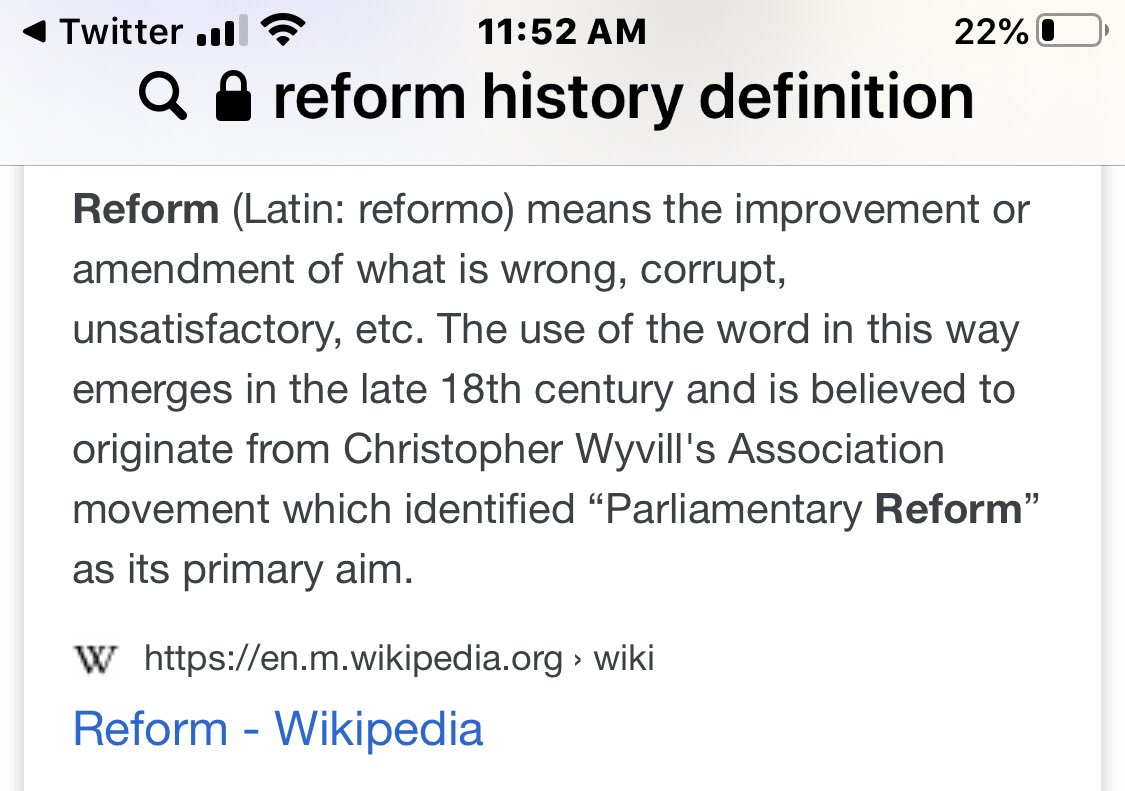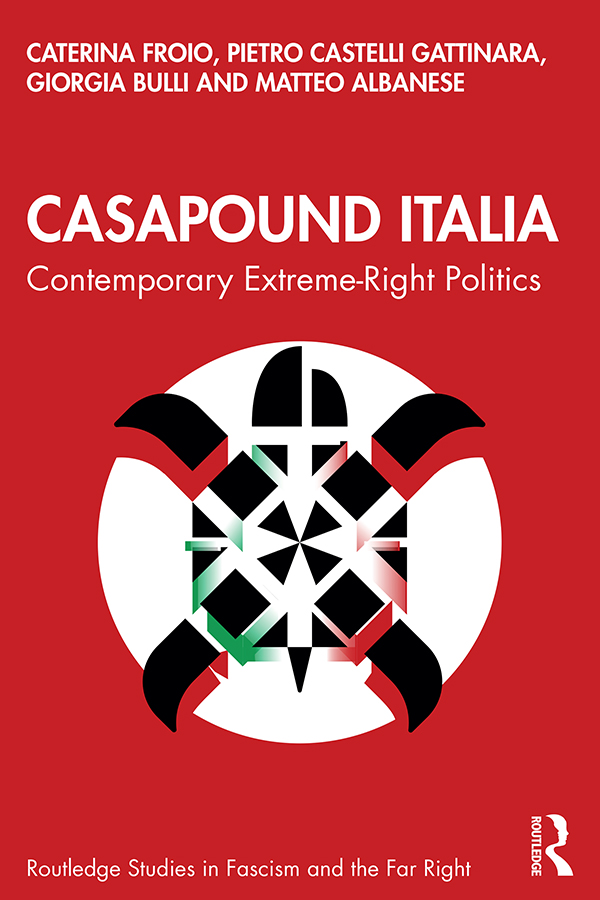Government isn’t an entity unto itself, like a person. The faces, political parties, and most importantly, the ideological basis used to make decisions, changes regularly.
The belief system behind policy decisions are important to understand. So is the starting point of each new executive branch.
Only then can one begin to assign responsibility for our fiscal reality.
The devastation of WW2 spawned modern social democracy. Most western nations embraced a social safety net after 20 years of austerity and war.
Two primary belief systems and a new third belief system existed at the end of WW2 that have been battling it out ever since.
That was the conservatives.
But the benefit to productivity was well established by the war. Interdependence was profitable.
Canada was a conservative nation. Pure socialism never had a chance in Canada at governing post WW2, but socialists had influence. And the war’s social cohesion to build upon.
Citizens began to demand supports for vulnerabilities like education, healthcare.
Policies were created to take advantage of increased productivity. Not to benevolently share in the profits.
Socialists emotionally appealed to the benefits of social cohesion. Taking advantage of guilt and shame.
Beliefs & values we personally assign to political parties are more of a reflection of our own personal beliefs & values, not the party’s.
Mulroney was a conservative. Low taxes & support for industry and business elites was his focus. Though his time in office produced a few scandals & exposed corruption.
That’s why there is so little variance we witnessed between PC’s and Liberals since the mid 1980’s.
But Pierre & Justin Trudeau are red liberals. They tend to have personal beliefs more aligned with social needs.
But elites don’t like it as much because it means higher taxes for them. Profits are still large, but not huge.
Both Trudeau’s lean left. Mulroney, Chretien, Martin lean right.

They felt threatened.
Their target. Remove social democracy because they are ideologically opposed to taxes helping others.
So knowing who made the decision to expand the deficit and which ideological base those policies originated from and the state of the budget, the economy and the cuts and deficit inherited are essential to judge whether Canada messes up.
I truly agree, Kenney is an ideologue and intent on removing social democracy. PM Trudeau inherited a weakened Canada.
Why?
To remove the wealth accumulated by non elites since WW2 and the investments in the middle class and transfer it back to the wealthy and business elites.
The conspiracy is much older. Globally classic liberals want to return to pre WW2 society. Not 1950, more like 1890.
Classic liberalism is the foundational belief system to fascism.
What was the reason Southern US classic liberals went to war with the more moderate Republicans? Economics.
The elite had no limits to their power. They operated with impunity excusing it by claiming divine right.
That’s what the current iteration of federal and many provincial conservative parties offer, work towards and represent.
Now that we have the same facts available, we can discuss who screwed up the Canadian economy and its resiliency.




